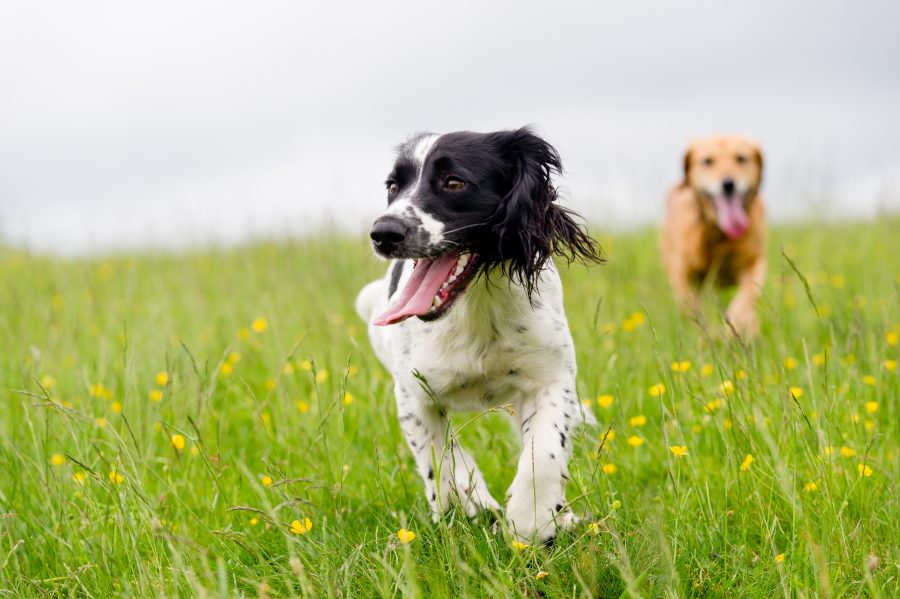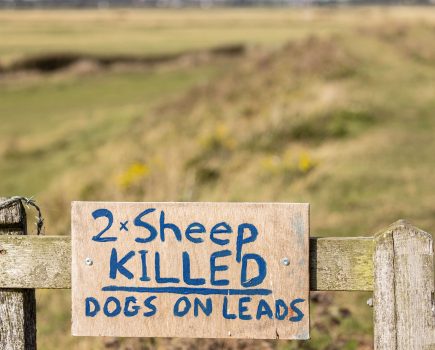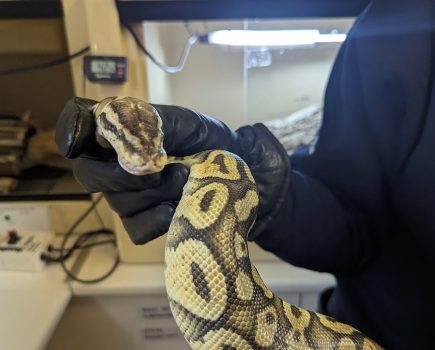Bird flu (avian influenza) viruses can infect mammals, including cats, dogs, ferrets and other pets. The Government have issued the following advice for pet owners:
Keep your pets away from wild birds
You should stop your pets from having close contact with:
- dead or sick wild birds, as they may be infected with bird flu
- droppings, feathers or carcases of wild birds
- feed and water bowls that wild birds could have accessed
Prevent your pets from eating, chewing on or playing with dead or sick birds.
There is a small risk to cats or dogs if they catch wild birds infected with bird flu. Common garden birds have a lower risk of being infected with bird flu than ducks, geese, swans and gulls.
When walking your dog, keep them under effective control so they stay away from wild birds. This is particularly important in areas where bird flu has been found in wild birds. Look out for warning posters or other signs in these areas.
Do not enter areas where bird flu has been confirmed in poultry, other captive birds or kept mammals without permission from the Animal and Plant Health Agency (APHA). Signs will tell you where these restrictions are in force.
When you walk your dog, follow the Countryside Code and marine and coastal wildlife code.
Pet food
You should not feed your pet non-commercial raw poultry meat, game bird, wildfowl or other wild bird meat.
Commercial pet food is formulated for your specific type of pet and is the most appropriate diet. Feeding raw meat to pets can have potentially serious animal and public health risks.
Some types of pet food, including pet chews or treats, are made of raw meat and other unprocessed animal products. It may not always be obvious that products contain raw meat.
Read guidance on handling raw pet food and preventing infection.
Speak to your vet for advice on meeting your pet’s dietary needs.
If your pet is sick, tell your vet if it has been in contact with wild birds or eaten raw meat or treats.
Protecting working dogs
If your dogs work on shoots, they could come into contact with infected wild birds (including released game birds) or a contaminated area. This may put them at risk. If you have any concerns, contact your vet for advice.
Protecting poultry and other captive birds
If you keep birds, you should take steps to prevent bird flu and stop it spreading.
If you own other pets, you should keep them out of areas where you keep your birds. If other pets have been outside, they may have been in contact with infected wild birds or contaminated areas. For example, they may have bird droppings or feathers on their paws or fur.
What happens if your vet suspects bird flu
Contact your vet if you have concerns about the health and welfare of your pet.
If your vet suspects your pet may have been infected with a bird flu virus, they will need to report this to the APHA immediately. If your vet (or a testing laboratory) finds evidence of a bird flu virus or antibodies to a bird flu virus in samples taken from your pet, they will also need to report this to APHA immediately.
You can find out about the laboratory testing and reporting process for vets.
Latest situation in the UK
Find out about the latest bird flu situation in the UK, including confirmed infections in wild birds and mammals.
See the latest bird flu news from The Country Smallholder here.
More news like this can be found in The Country Smallholder magazine. Subscribe here.
For FREE updates from the world of smallholding, sign up for The Country Smallholder newsletter here.








